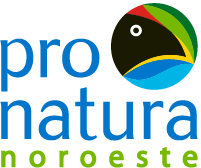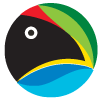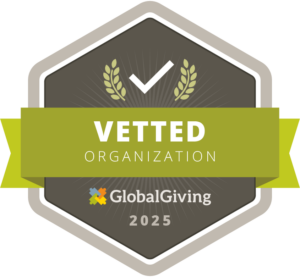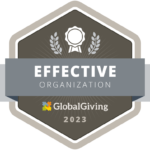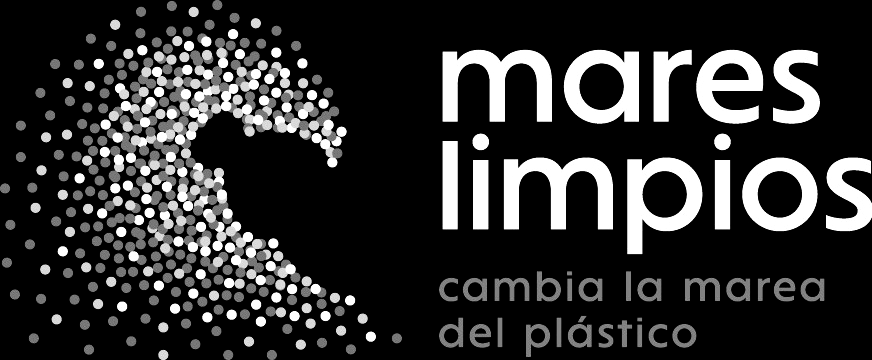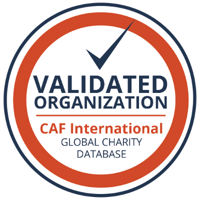Jesús Flores Cordero is one of our collaborators who, in 2017, led the formation of the Shore Divers of the Sea of Cortes S.P.R. of R.L. fishermen group, which is now developing an Octopus Fisheries Improvement Project in Bahía de los Ángeles, Baja California. Carolina Rodríguez spoke with him about his experiences as a fisherman and his learnings from developing the FIP.
Jesús, can you tell us more about yourself?
I am 43 years old and have lived for nearly 37 years in Bahía de los Ángeles. I dedicate myself to fishing, mostly to free diving.
How many years have you worked in this?
Well, about 22, 23 years or so. Before that, in deep diving, I had to get sea cucumber, lobster, and other available resources to be able to subsist. I started really early at the age of 19 or 20, when I left high school — because of the distance, I could no longer continue studying. I made it to the third semester. One of the main jobs in our area is fishing. I remember that one of my first jobs was getting rid of sea cucumbers. I would camp in certain fishing teams. I also went with my parents fishing for horse mackerel and grouper. I liked fishing like this, free diving, which we do by the coast, we don’t sit in a boat.
How did you get involved in octopus fishing?
The person who taught me how to fish octopus, I remember, was my brother. My older brother. And I remember one time well when he scolded me a little and said, “Come, I’m going to show you something that will serve you all your life. Learn well so you can be taken care of,” which was his way of expressing himself as if saying, “This will provide,” and honestly I never forgot because I always thought of my brother as very crabby, but his teaching was very good.
And now with so many years of experience, what can you tell me about what you most like about the activity of fishing?
The truth is, I fell in love with my work, I absolutely love it. I love to get up early, drink my small cup of coffee, head to the beach, and know that I’m going to this place, and I do it all in an excited way, honestly. I really, really like to jump in the water, to see how the little fish are from the start of the day, as if they also are waking up and starting to move. I don’t know, all of this activity I love it. I love it!
For me it means growth, growth as a fisherman, honestly the values I’ve recently learned are new to me, I couldn’t describe the joy learning gives me. I don’t know how to explain it to you, but it is one of the best things that has happened to me, getting involved in octopus fishing.
How long has it been since you joined the Octopus Fisheries Improvement Program?
Just last year in 2018, we established ourselves as a society in 2017; belonging to a society is an internal regulation, but they have to be a bit strict, like about filling logbooks, not missing meetings. Now that we’ve entered the FIP, they have also taught us many more values regarding the fishery like, taking care of all this, the resources.
And your colleagues, do they agree?
Well, 50% as I told you, bit by bit, it’s been a little difficult, but I have been steeping them in the idea that this will lead us do something better. I simply tell them that when we took octopus here, people bought it for, what I remember, $13 pesos and now they buy it for $100, and so I tell them that is the difference, that we know how to manage our resources.
On the other hand, you could take out tons and deliver them to any old person who will continue buying them for $20 pesos. But they do see there is value simply in how you catch it, that it is difficult, not just anyone is going to get an octopus, two octopuses, that it took [time] from your life to learn how to fish them. How are you going to conserve them, how will you maintain yourself, how will you transport them? That’s what they will teach you and your product will have value. So, when I tell them these things, they say, “Oh, that’s true!” Then you have to keep working as a group, I tell them. To learn to want that our things, more for the young people as I’m getting older, but when our children come and say, “Look my parents or elders left a better way for me,” that’s where we are headed.
How do you feel being part of this project and leading with your partners?
I was one of the people who was most denied – and rudely done so — during the first octopus ban, which was a community ban, that happened here in 2016. At the time, I hadn’t yet formed my group and I was one of the people to which they said, “Hey there’s a meeting about banning octopus fishing,” and I was like, “No, but why will it be banned if it’s a resource, a product from here – I didn’t even say resource – the octopus is from Bahía de los Ángeles.” And that’s when I realized I had to start going to the meetings, to take an interest. My mentality was like, “Hey why, we are a community, and from this I support myself all year,” but when the first octopus ban happened was when I started to come to the meetings and taking an interest. They said the octopus is running out, and it isn’t reproducing as it should be and that’s when I understood and I insisted that I also wanted to learn, to get involved, and that’s when we made the group to try see if they had already banned us, not to fight with those who issued the ban, but to involve ourselves for good management.
Which results have you seen during the bans, even though it’s only been a few years, what have you seen?
Well a change, how could you not. The sea came back a lot. The people, it was really hard, very difficult [with the institutions and those in favor of the ban], and I include myself with them. The change [however] was extraordinary, because now, like these associations, government agencies arrived, to date there is no one who says they would hurt us [with the ban]. A biologist studied to see what’s up with the sea, what’s going on, how to be of help. A biologist isn’t going to say, “I studied this to learn to see how I can hurt fishermen.” It’s the opposite and people don’t understand that. So, I see this change that has helped us, even just as people. I have grown a lot and many of my colleagues, too.
You were recently in the international workshop for the community of practice for the FIP in Peru, can you tell me of what you learned at the table where you participated, and in the congress overall, what stuck with you or caught your attention?
Of all the exhibitions, well that we are all going in the same direction. I liked it because it was like we all were teaming up to go in the same direction and help the fisheries to have responsible fishing, to give value to the products of the sea, which was a benefit for the sea, for the fisherman, for the organizations, and on and on, forming a little chain. Each person presented the problems and perspectives from each country, of the thousands of things that they saw, but as I said all going in the same direction, which is what the FIP is about. It’s international so that tomorrow we can make one single chain.
You say you learned things there. What was one of those things that you learned that is useful?
Well, first, to give value to the work of the fisherman, that’s the first thing. We should make sure the fishermen are the ones who truly win in all aspects. Giving value to the fisherman, I think, is the first thing we need to do in our community.
And what were other tools that maybe you didn’t know, or you didn’t have on hand that you saw other people use?
I am very interested in how to give added value to the product, to the resources of the sea. For example, to process it. We only take [octopus] fresh from the shore. You bring them to the fishmongers, and they keep them on ice, they bag them, and that’s the added value. For example, to add value, I learned it’s necessary to process and cook them, to pack them, put on a seal from a certifier. This allows you to say the product is of quality and put it in larger markets. I also learned that Walmart is one of the vendors that most supports this type of movement. But, of course, that means you have to bring a certifier, someone who will assess if you are truly able to enter the market.
And what is the hardest thing that you have faced in this process of implementing the octopus FIP?
That there continue to be negative people who don’t want change. There need to be more people who continue soaking up this knowledge, more workshops, and more talks. I say that yes, yes, it is possible to make people want [to get involved].
What has been the best experience you have had that has resulted from the FIP?
As a representative of the society, they are still a little tough, but I think it’s my role for them to trust me, that they see that what I have learned we can put into practice, to inspire them. I think it starts there.
And at this time, what would you say the group of fishermen needs to advance in the compliance of the FIP?
Economic support is one of the main needs, to cover the added value of our octopus. I would also like to have more frequent workshops and to continue adding more fishermen. I think that is really good for the FIP.
Jesus, how do you see yourself in a few years in relation to the FIP and octopus fishing?
I see myself trying to take our product to another country as an export, I see it like that. What I would like to do is process it. I had even thought of making a kind of food, something packaged and with everything that comes with processing it, certifying it, everything we’ve learned with the FIP. I don’t think it’s necessary to export tons, just when you make a high quality and well-made product, I imagine that everyone will want it, I see the future like that. I also imagine all of the fishermen, even those who were the most negative, committed. I want us to be a model society.
